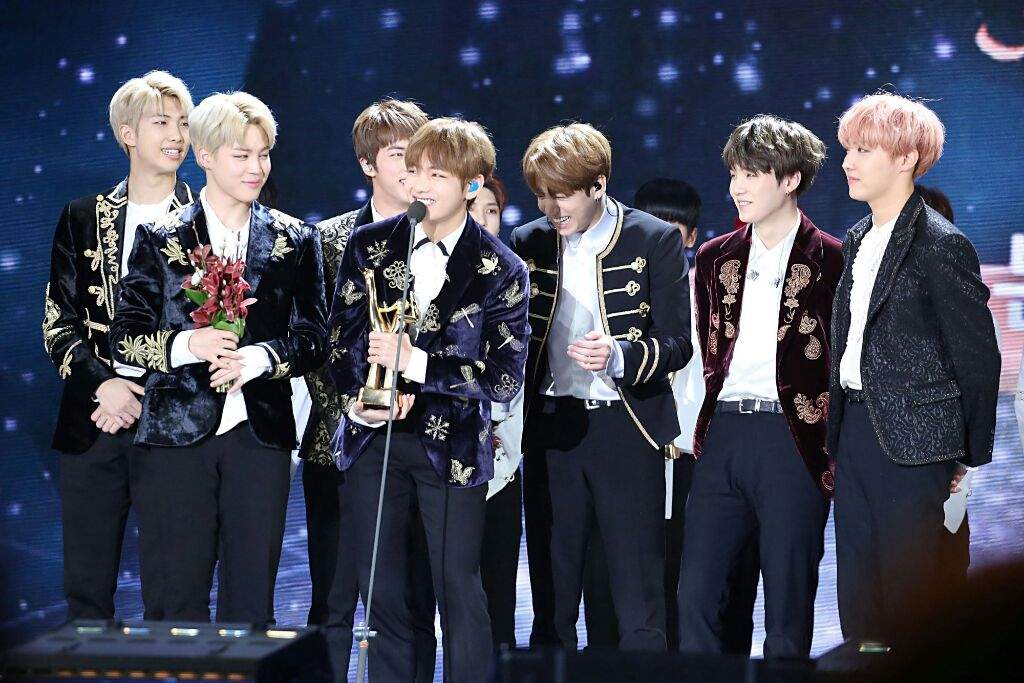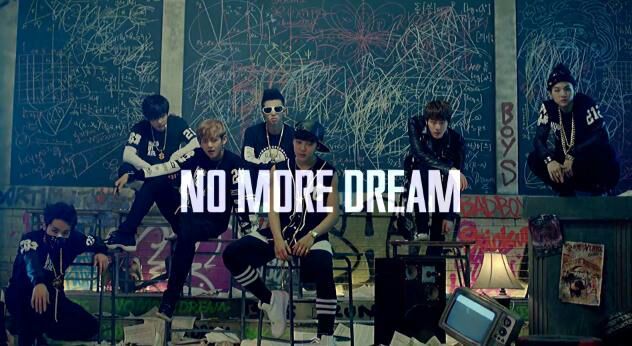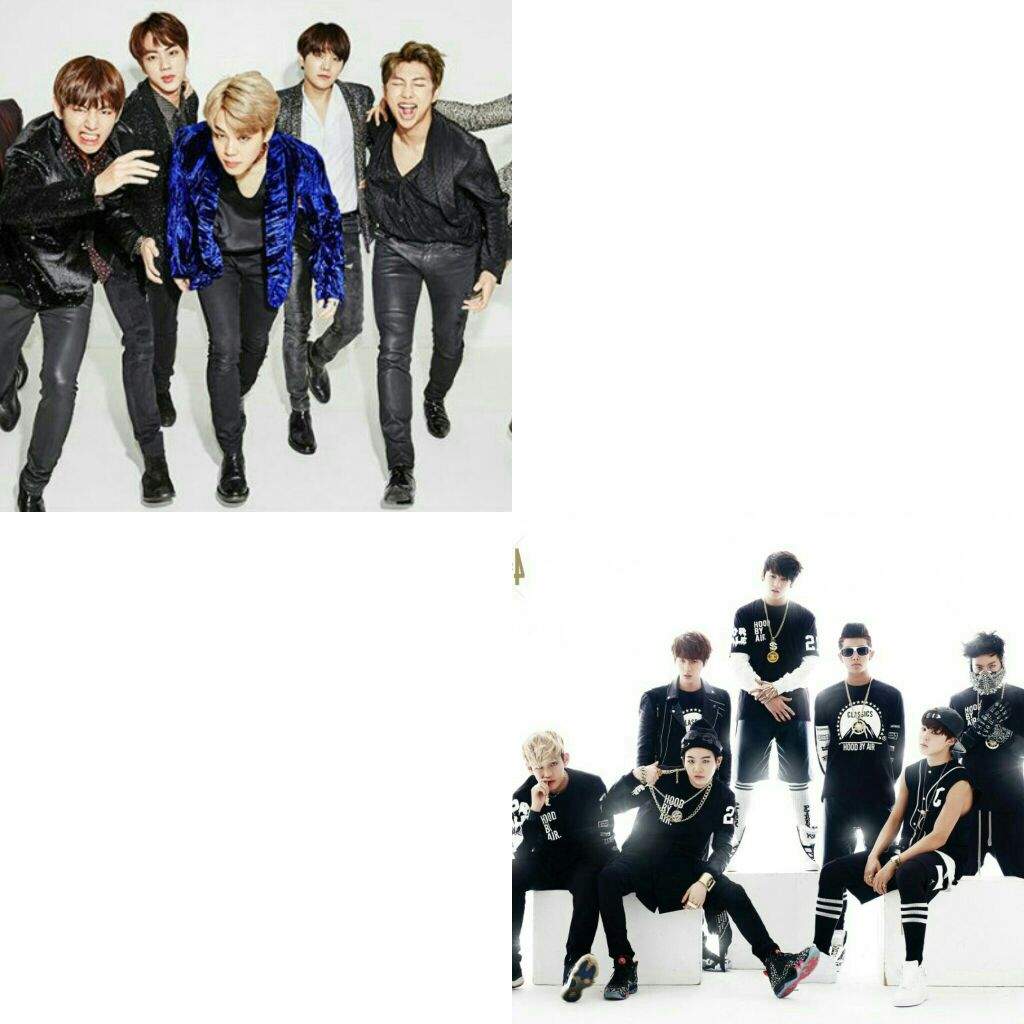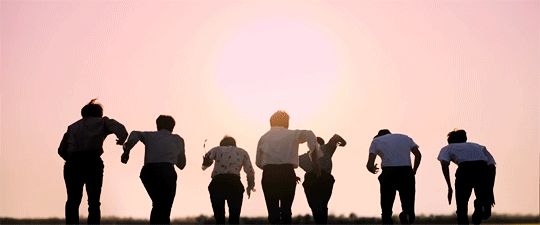BTS: Breaking Language Barriers
The west often asserts that they have an open ear for great music, but patently, you can find that they have a tendency to omit foreign music. Sure, we have Shakira, from the hearts of Colombia, or the notorious Avicii who just so happens to be Swedish. However, they all speak/sing in English, thus tuning out all signs of foriegn music.

* Colombia
In short, it seems like our monolinguistic gravitation leads up to the fact that many foreign artists are failing in becoming popular because it seems utterly impossible to become famous by singing songs in their native language.
But then, we have BTS, a 7 member boy K-pop group that doesn’t sing in English, never have promoted their music outside Asia, and didn’t have a viral music video like Psy did with “Gangnam Style”.

It is easy to say that BTS, who are not only breaking social norms in their home country, South Korea, but are also suppressing the west's traditional monolingualism ignorance within music.
K-pop music was designed to have international appeal. The idols are often forced upon with tons of work, are heavily underpaid, and have nearly no say in what their actions are, or what they can produce because they are supposed to be portrayed as sole perfection.
BTS debuted with a powerful song, “No More Dream” off of their mini album, 2 Cool 4 Skool, a song that depicts around about wanting a "big house, a big car, and big rings” and proceeds by remarking that utterly nothing, which includes social ideals, and education should not interfere with your path to achieving dreams.

What truly divides BTS apart from other groups are their meaningful lyrics, and how they write them independently, which is atypical considering most K-pop idols have little to no say of what they want to perform. It's not only the fact that they can produce their own music, but also that BigHit is extremely dedicated towards self-production and allowing artists to perform what they want.
Over time, BTS’ sound gradually morphed from immature dictatorship, cold and aggressive hip-hop to a much more friendly mainstream sound characterizing the western style, while still maintaining their expressive, and truly musical selves.

In “Dope”, they sing “our youth rots in the studio, because of it we’re closer to success.” BTS are aware that they're aberrant from the standard K-pop standard; and are willing to work as hard as they need to make a mark on the world, and be able to express themselves through independent production.
 |
In one of their tracks, “Silver Spoon”, they gingerly criticize SK society and bravely try to spot the problems within their country. The title metaphorically notes that wealth and social class can be compared to spoons. In “Silver Spoon", they call themselves as “try-hards” and laboriously describe how hard they had to work to become an idol, because they weren't born with silver spoons in their mouths.

BTS’ music provides a unique, yet innovative story told over clever melodies, hardcore raps, and trivvy tracks. Behind all the heavy bass, coordinated outfits, perfectly styled hair, and practiced smirks is music with definite meaning.
Their lyrics and the emotions they try to convey feel more genuine than songs about getting wasted or crying over a breakup. BTS isn’t producing tracks about how they pick up girls and party all night; instead, they are telling stories with deep aggravating passion — something that is deeply lacking in the music we hear today.
In “Cypher Part 3: Killer”, J-Hope raps, “yeah, I’m from Korea so all you bastards who try to rap in English look and see who’s on top of you right now.” BTS doesn’t need to sing in English to be successful and they proudly justify it throughout their entire career.
BTS has a story to tell, people to touch, things to say, and they sure as hell won’t let a little language barrier get in their way.

Comments
Post a Comment